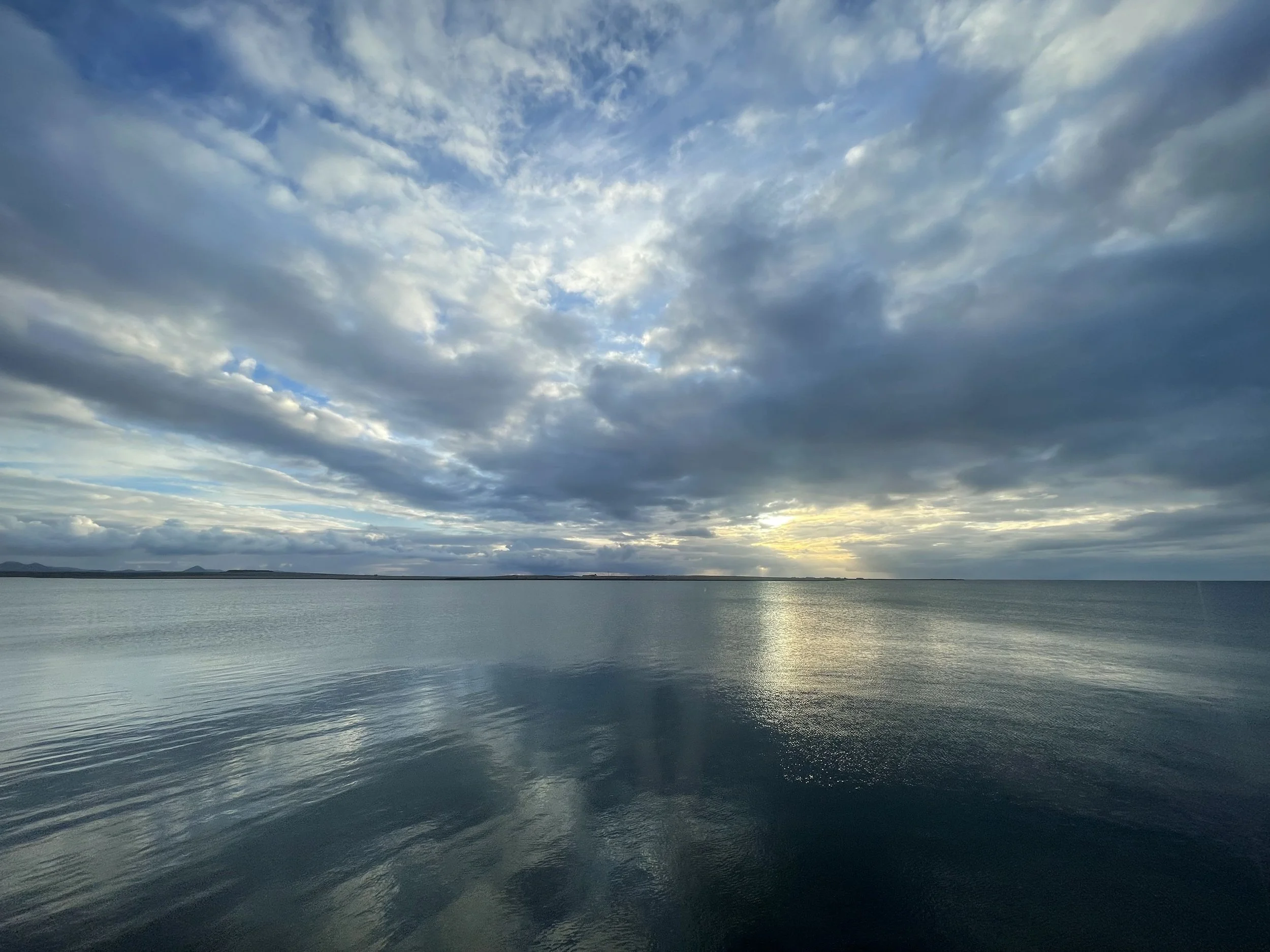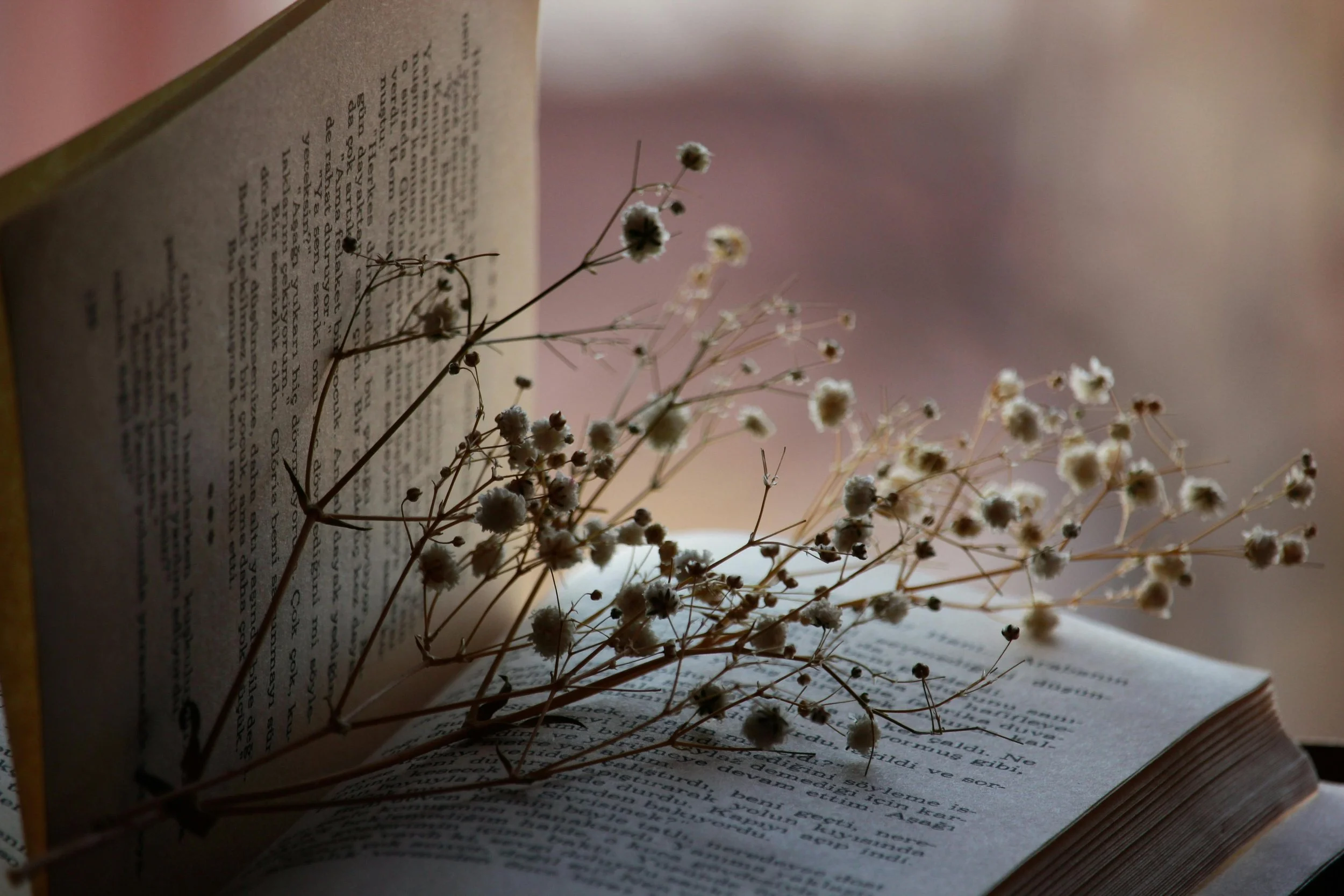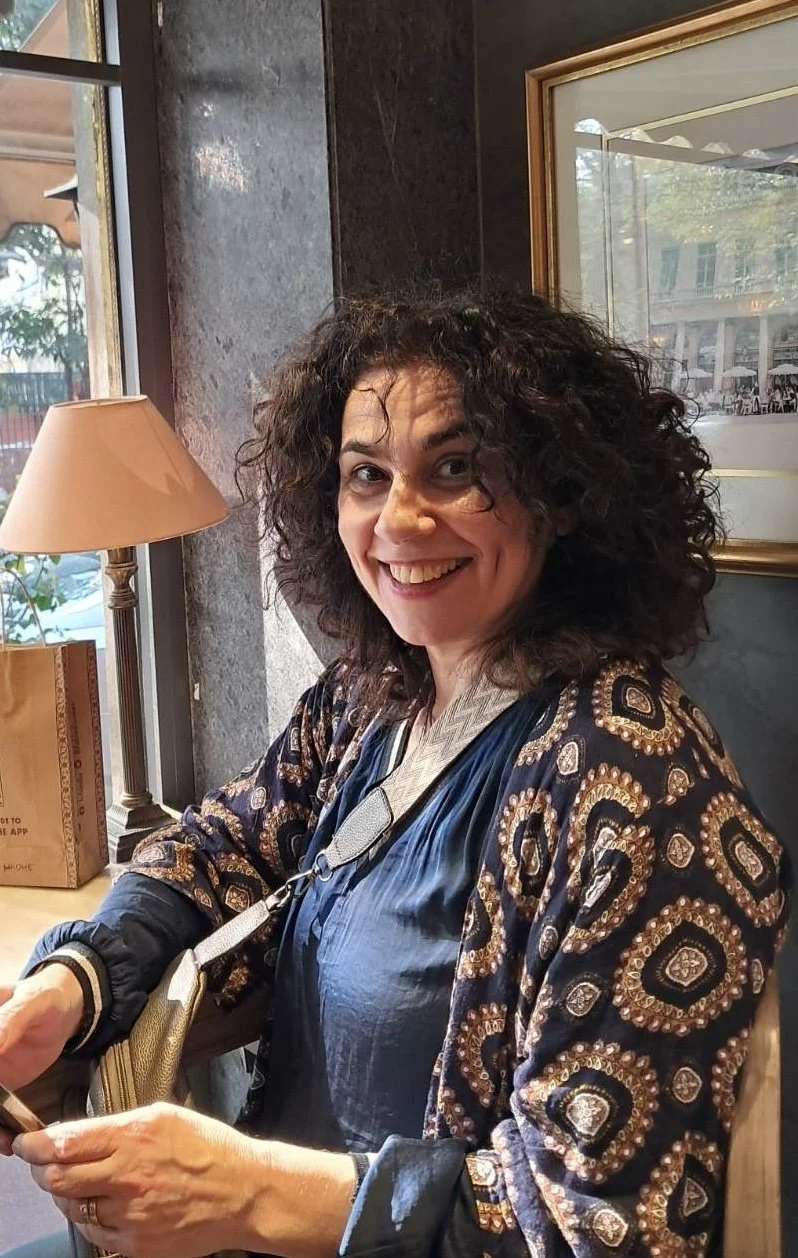Religious Expression in a Free Democracy
Reflections on Freedom, Religion and Healthy Democracy
by Professor Dr. Angeliki Ziaka
From the Birth of Democracy to the Silence of Crisis
In the land where democracy was born, I began my journey. Greece, often referred to as its cradle, became for me a place of study and teaching in theology, the history of religions, and philosophy, fields that generated values and ideas which decisively shaped the modern world. Yet outside the classroom, reality was evolving differently. Over the past fifteen years, the country has faced successive economic and social crises that tested the resilience of both citizens and institutions. Democracy, as in many other parts of the world, did not remain untouched. It was pressured by austerity, insecurity, the refugee crisis, and a sense of limited space for dissent in public life. Within this shifting landscape, the very notions of freedom and democracy, and the ways in which religiosity finds expression in public space, seemed to require constant defence, revealing at the same time the need for new forms of dialogue for a healthy and inclusive society.
Amid these domestic challenges, my search for broader perspectives led me beyond national borders, towards a space where local struggles are placed in conversation with global voices.
Encountering the World in the World Council of Churches
Against this backdrop, I sought to understand the interdependent global whole with its fragmented localities. The world of the World Council of Churches, which now hosts me in this new stage of my journey, introduced me to another dimension of the public sphere: a space of polyphony, an expansive yet tangible horizon of ecumenical encounter, dialogue, and interreligious exchange, with the Council’s 356 member churches from around the world forming its main body. Here, people from every continent – including church leaders, theologians, laypersons, representatives of religious communities and organizations, young people, and activists – all share their experiences and struggles.
The multiplicity of voices I encountered within the WCC made clear that religiosity, far from being an abstract or private concern, emerges as a vital language in contexts of suffering and resilience.
Religiosity as a Language of Hope and Resistance
The voices of faith-based communities, often charged with the pain of injustice and the memory of long struggles, are not abstract philosophical constructs; they are testimonies of people striving for freedom and dignity. In this context, religiosity emerges as a language of resistance and hope, a reminder that the value of human life cannot remain merely an object of institutional regulation but must be embodied in acts of justice binding both rulers and the governed.
Faced with such demands, the theological discourse of our time risks becoming empty if it does not respond to the needs of people and Creation. And those needs are many and urgent: Africa continues to struggle with the legacies of colonialism and the limits of human dignity; Asia contends with socio-economic inequalities, the climate crisis, restrictions on public space, and the transformative impact of technology on surveillance, labour, and the economy; the Middle East bleeds before a global stage hesitant to heal its wounds; the Pacific islands, slivers of land rising only a few meters above the ocean, live with the uncertainty of gradual disappearance, as rising Ocean threaten to erase entire places of memory and culture; Latin America once again seeks the strength of liberation theology as the voice of the oppressed amid ongoing upheavals; Europe and North America tread on fragile economic and political ground, where democracy and human rights are under strain, overshadowed by the spectre of a war between fellow Orthodox Christians within Ukraine and Russia.
These broad regional dynamics are echoed in personal testimonies, which bring the global picture into sharper human focus.
The Many Faces of Religion – What I am Hearing
In this global landscape, many voices resound. A pastor from Johannesburg reminded me recently that faith, when linked to political action, can become a foundation of resistance and a defence of the rights of the oppressed: so, it was in the struggle against Apartheid, and so he interprets the present struggle of the Palestinians to preserve their land and their right to life.
From Colombia, a mother broke her silence to recount the tragedy of “state killings” that took her daughter’s life, while denouncing the guilty inaction of church leaders.
A Latin American theologian emphasized that liberation theology remains alive precisely because it puts practice before theory and is tested daily in the streets of the marginalized.
A Buddhist nun explained to me the meaning of karuna, not to drown in another’s pain but to stand firm as a support in the face of loss.
An Indian man took me by the hand and led me safely to the temple of Kali, amid a crowd vibrating with the intensity of the primordial — where life and destruction meet beyond the boundaries of intellectual categorization.
From Israel comes the anguish of a people trapped in political deadlock, while a Palestinian theologian stressed that the struggle for justice is continuous and does not exclude concern for Israelis.
A young Iranian voice observed that many international institutions, bound by today’s politics, resemble ‘united thieves’ more than guarantors of peace, progress, and democracy.
An American pastor described the polyphony and the challenges of his country’s churches, tested by political polarization, restrictions on free speech, and the seeds of intolerance.
Finally, the voice of a Muslim from Geneva explained to me how mere coexistence is not enough: we must learn from one another, nurture hope together, and struggle side by side for the dignity of all.
Together, such diverse voices point to the urgent need for democratic spaces that are not merely procedural, but deeply relational and healing.
Democracy as a Place of Encounter and Healing
If democracy is to retain any hope of remaining alive, it requires recognition that it does not assume a single form but is expressed differently depending on the historical, social, and cultural context of each people and every individual. Democracy remains healthy and dynamic when it embraces these pluralities: when local experience is allowed to converse with the global, and the global, in turn, is translated into care and respect for local needs. Only then does democracy cease to be an abstract concept or an instrument of political imposition, becoming instead a true space of encounter, understanding, and healing. Yet both democracy and religion remain vulnerable, easily distorted when detached from their highest purpose.
The Shadows Threatening Religion and Democracy
Religion, of course, is not without its shadows: it can become an instrument of power, a tool of exclusion and fanaticism, a cover for nationalist or ethnocentric ambitions. Likewise, democracy risks degenerating into an empty shell when social inequalities bar full participation or when the profit of the few is imposed over the needs of the many. Yet when both religion and democracy return to their highest purpose – that of serving human dignity and common life – they can function not antagonistically but complementarily. Religion then offers a language of love, forgiveness, and hospitality, an ecumenical discourse that transcends boundaries and unites, beyond colonial mindsets. Democracy, in turn, provides the public space where such values can be embodied, as the fruit of centuries of struggle, and become a common good.
Precisely in this tension lies the possibility of rediscovering freedom as the shared ground where religion and democracy meet.
Freedom as Common Ground
At the World Council of Churches, I realized that democracy becomes common ground when it is forged through coexistence and dialogical polyphony. As both political form and social vision, democracy draws its strength not only from institutions or markets but above all from the active participation of citizens who dare to speak, to listen, and to act for the common good – beyond color, religion, ideology, language, or economic status.
In this process, religion, when faithful to its calling, becomes a foundation of reconciliation, responsibility, and protection for the whole of Creation. Across the world’s religious and Indigenous wisdom traditions, the divine is understood as a source of justice, harmony, compassion, and care for the vulnerable and Creation. Together, these voices affirm that human life and the Earth, our common home, bear witness that no one is superfluous within the sacred cycle of life. In this way, democracy and religion meet as complementary spaces for the defence of every human being and the safeguarding of the community of life. A healthy democracy, it is clear, cannot endure without this shared testimony.







